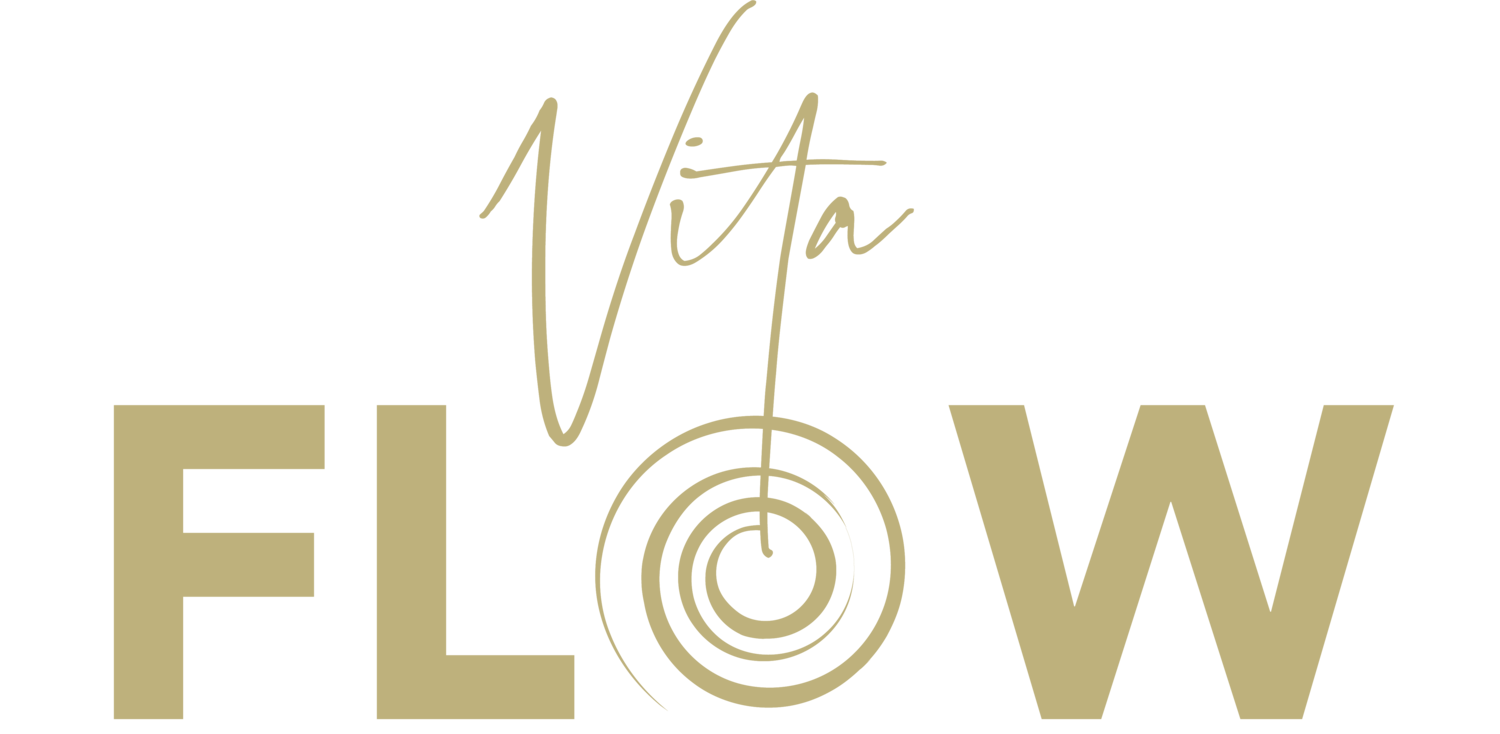The psychology of eating and taking control of weight gain
Have you ever found yourself reaching for certain food as if on autopilot and then finding that momentarily your mood has lifted and you feel happy only to find that it soon crashes again, leaving you with feelings of guilt, sadness or even self- loathing?
There are many reasons why we might use food as a coping mechanism for handling stress or other negative emotions. Our food should make us feel good, it should nourish us and aid our immunity but patterns of eating too little, too much or in ways that are excessive or restrictive can result in increased feelings of negativity.
Quality of life can be affected by what you eat, how and when. When we learn to make more mindful and conscious choices about our food we may come to control impulsive eating, weight gain and creative a more positive relationship with food. When we take charge of eating habits we can create more energy, an uplifted mood, feelings of calm and increased alertness.
Overall we can change not only our health but also our self-image and relationships with others.
Often we feel ready to change the patterns that may feel destructive but we don’t know how to do that or we fall easily back into old patterns as soon as we are stressed or unhappy about something we feel we cannot control or solve. Inevitably when we fall back into old patterns it can make us feel annoyed and frustrated with ourselves and increase our feeling of regret or guilt. In order to combat some of this we need effective tools to help us change focus and break links to increase our impulse control.
So how could a Nutrition & Lifestyle Coach (NLC) help you:
· By assessing your food diary over a 3 to 5 day period and analysing your nutritional intake. Identifying where you may be nutrient or mineral deficient and helping you to assess how to increase the variety of nutritional food sources in your diet, can create balance and a strong foundation to start building on.
· By assessing your ‘readiness for change’. Helping you to identify your wellness goals and any obstacles that are blocking your progress. Once you have a better understanding of what you want to achieve you can work with an NLC to co-create an action plan of core steps to achieving your goals and helping you stay focused and committed.
· By helping you understand the benefits of increasing self awareness and self monitoring. A NLC can help you to adopt the habit of food diary or food journalling as a tool for identifying and understanding your triggers re food and how those triggers may also lead to self defeating talk and obstacles blocking your progress.
· By focusing on stimulus control and how to break those links that keep drawing you back to old patterns that are preventing you from reaching your wellness/weight goals. This could involve skills for coping with stress, distraction techniques to shift your focus and encouraging you in positive reinforcement and finding social support.
If you would like to discuss your wellness goals and how a NLC could help you can contact me at info@vitaflow.co.uk

